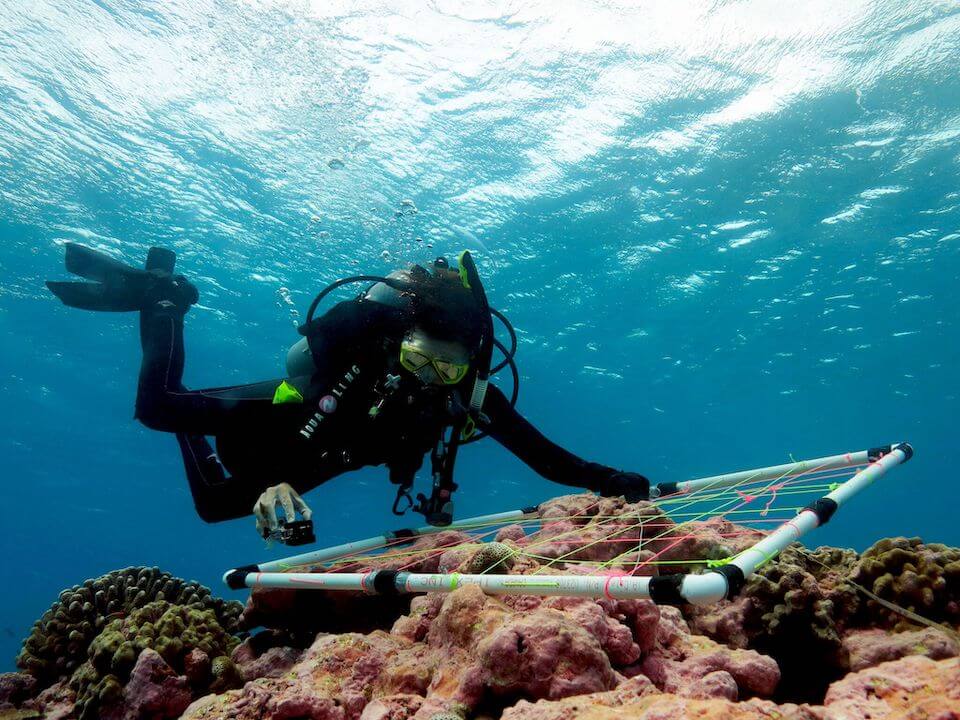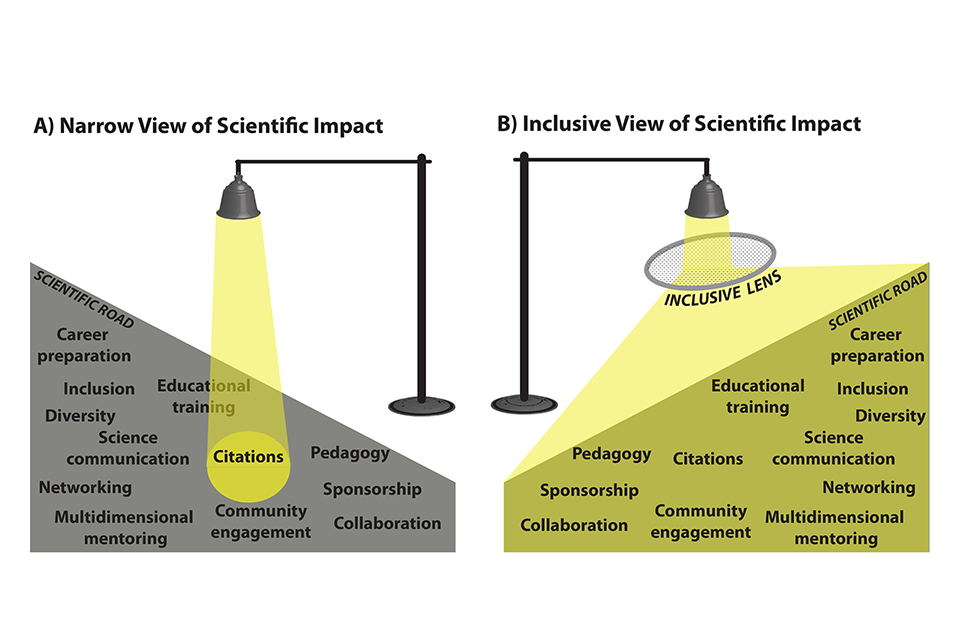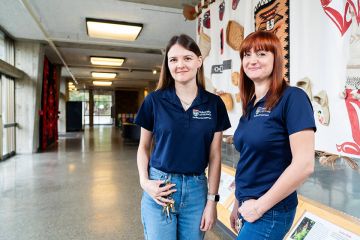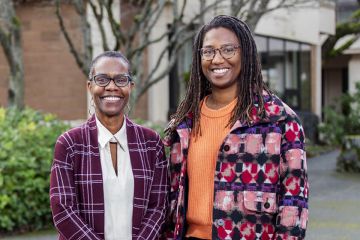Dismantling a discriminatory reward system in science

A group of 24 scientists from across the world came together to explore long-standing problems associated with narrow definitions of success and impact in science. In a new paper published in PLOS Biology, they advocate shifting this outdated value system in order to advance science through principles of justice, equity, diversity and inclusion.
Co-authors Julia Baum, a marine ecologist and conservation biologist and UVic President’s Chair, and Amanda Bates, who joins UVic in July as Impact Chair in Ocean Ecosystem Change and Conservation, say they fought hard to get where they are. There has been change, but much more needs to be done.
“The glass ceiling is still very much there, and it becomes more and more apparent as we advance in our careers. There is a deep need for real, transformative change so that academia can benefit from the most diverse pool of talent, not just that of a privileged few,” says Baum.
The paper reflects the United Nations Sustainable Development Goals to achieve gender equality and empower all women and girls.
The authors argue the current narrow view of scientific impact, which spotlights citations in a “publish or perish” mandate, perpetuates gender and racial biases. This system fails to accurately capture the breadth of individuals’ meaningful scientific impacts. It restricts both participation and innovation in the field, they say.

The group advocates moving to a multidimensional mentorship model that focuses not on quantity, but quality of publications, as well as experience, and demonstrated science integration into policy. In this new model, the authors argue, we can build diverse teams with enhanced creativity for societal solutions.
“We want to build a fair and just process based on respect. Out of that, we will see more innovative solutions as we work together to solve problems we couldn't before,” says Bates.
The challenges associated with changing a deeply embedded institutional history, culture, and structure will require institutions to champion a “new norm” to bring change at a global scale. The paper calls for the collective efforts of academic leaders and administrators to drive essential systemic change.
We hope that this new paper will spark conversations about what needs to change in academia, and be a catalyst for starting to build a more equitable and inclusive system.
—Julia Baum, a marine ecologist, conservation biologist and UVic President’s Chair
Photos
In this story
Keywords: diversity, gender, racism, reconciliation, biology, research
People: Julia Baum, Amanda Bates





